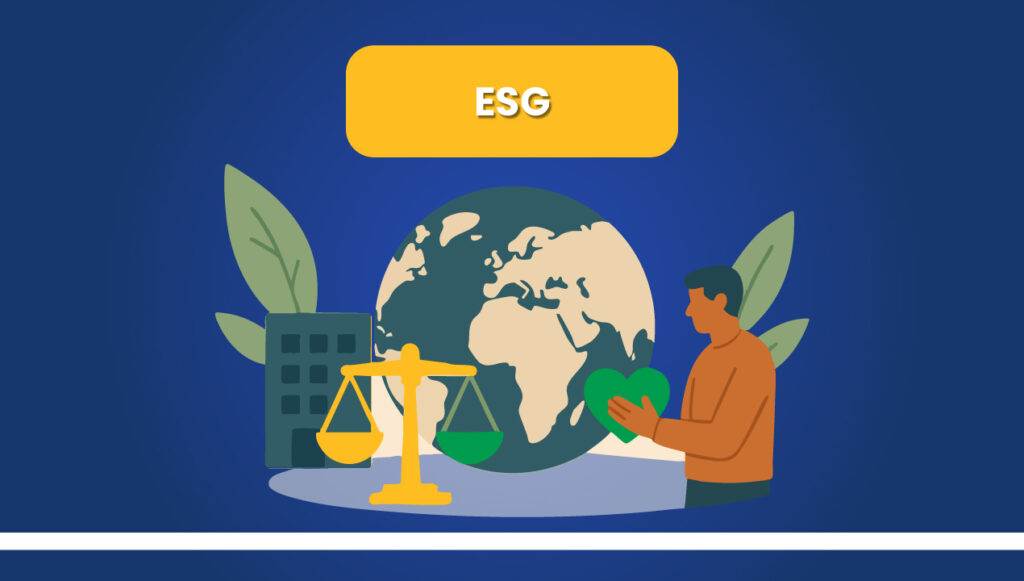ESG in India’s Pharma Sector: Addressing Sustainability, Waste, and Compliance Challenges
In the April 2025 edition of CNK & Associates LLP’s ESG Newsletter, the spotlight shifts to one of India’s most vital industries—the pharmaceutical sector—and its evolving relationship with Environmental, Social, and Governance (ESG) principles. Titled “Investing in a Sustainable Future”, this edition delivers a data-rich and practical overview of the ESG performance of leading Indian and multinational pharmaceutical companies, while also unpacking key governance, environmental, and social challenges the industry must address.
India, known globally as the “pharmacy of the world”, has built a strong reputation for its leadership in generic drug production and vaccine supply. However, the industry’s rapid growth brings complex ESG issues into sharper focus. This newsletter serves as a timely resource for ESG professionals, pharma leaders, regulators, and sustainability advocates looking to understand and act on these challenges.
At the heart of this issue is a metrics-driven assessment that compares energy consumption, GHG emissions, water usage, waste management practices, employee safety, and local sourcing across pharmaceutical companies. These ESG indicators highlight how companies vary widely in their adoption of sustainable practices, especially in areas like non-renewable vs. renewable energy use, pharmaceutical waste recycling, and employee well-being investments.
The newsletter goes beyond data to address the industry’s core ESG risks:
- Regulatory challenges such as navigating approvals from CDSCO and NPPA, balancing patent rights with access to medicines, and meeting global quality standards—especially in the face of USFDA scrutiny.
- Environmental threats, including improper disposal of pharmaceutical waste and its link to antimicrobial resistance, as well as the sector’s high carbon footprint, often exceeding that of the automotive industry.
- Social responsibility issues like poor labor conditions, under-recognized traditional knowledge systems, and limited access to affordable medicines for marginalized communities.
In addition, the newsletter calls attention to the hidden dangers of improper drug disposal, such as heavy metal poisoning, antibiotic resistance, and environmental contamination—making a clear case for stronger regulatory oversight and sustainable pharmaceutical waste management.
This comprehensive edition ties together the need for a collaborative approach among industry, government, and global partners to ensure long-term sustainability. It emphasizes that ESG adoption in pharma is no longer optional—it is a strategic imperative that impacts public health, environmental safety, and the global standing of Indian pharmaceutical companies.






